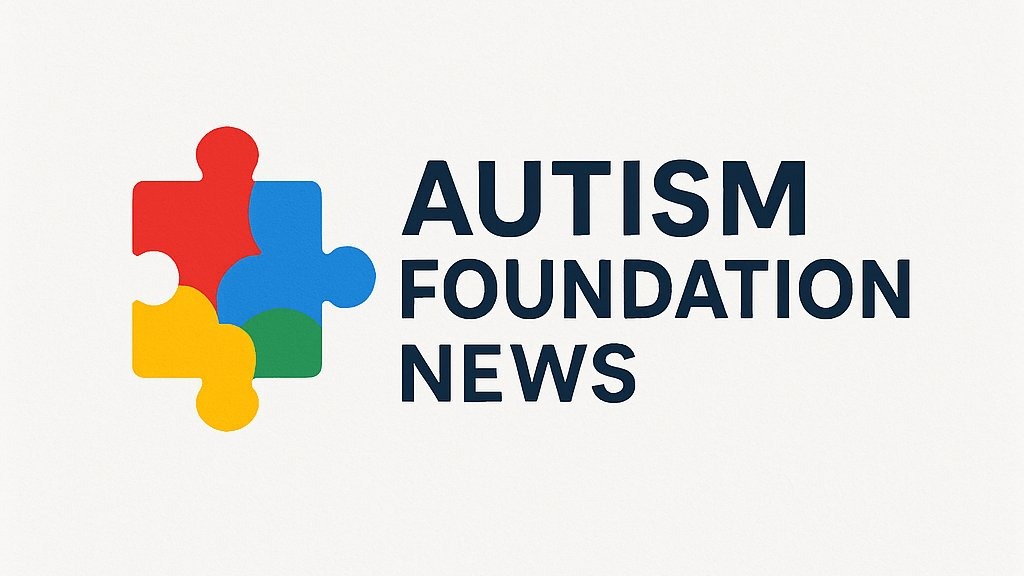
The Wired Nature of Doubt: An Evolutionary Perspective
Our brains are remarkably sophisticated organs, finely tuned by millennia of evolutionary pressures to help us navigate a complicated world. One of the intriguing features of our cognitive fabric is doubt. While it may seem like a disadvantage, recent research suggests that doubt is crucial for our survival, acting as an internal compass that aids in decision-making and risk assessment.
The Science Behind Doubt
The neuroscience of doubt is grounded in the functioning of the ventromedial prefrontal cortex (vmPFC), an area linked to skepticism and critical thinking. A study from the University of Iowa College of Medicine found that lesions in the vmPFC led individuals to exhibit diminished self-protective skepticism when encountering advertisements, showing a marked tendency to succumb to persuasive tactics. This indicates that our brain's skepticism acts as a filter, preventing us from making rash decisions.
How Doubt Serves as a Self-Protection Mechanism
The evolutionary significance of doubt lies in its ability to keep us safe from potentially harmful situations. As we face societal pressures, cultural conditioning, and marketing tactics, our inherent skepticism helps us sift through information and make informed choices. Imagine navigating daily interactions and decisions without this internal safeguard—more often than not, we would find ourselves susceptible to influence, leading to detrimental outcomes.
The Role of Perception in Doubt
Our cognition is inherently limited; we cannot assimilate every piece of information we encounter. Just as our eyes possess blind spots, our cognitive faculties are not equipped to process the entirety of reality at once. Neuroscience reveals that nearly a quarter of our brain is dedicated to visual information processing, yet our effective range is limited. This biological constraint amplifies the need for doubt—an essential tool in evaluating what is critical versus what is superfluous in our environment.
The Emotional Side of Doubt
Emotionally, doubt can be a double-edged sword. While it fosters caution and unease, it also opens the door to deeper self-reflection and critical analysis. This paradox is vital, especially within communities where individuals may be conditioned to dismiss their feelings. In my experiences with autism advocacy and support, I've witnessed how doubt can foment a community dialogue about identity and perception, enabling individuals to advocate for their needs better.
The Interplay of Doubt and Mindfulness
Mindfulness is intrinsically related to our cognitive processes, enabling us to confront doubt in constructive ways. Instead of allowing doubt to hinder decision-making, mindfulness practices provide the scaffolding for individuals to appreciate their thoughts without judgment. When we learn to accept our doubts as part of our mental landscape, we cultivate resilience and improved decision-making abilities.
Conclusion: Embracing Doubt as a Tool for Growth
Doubt, far from being a mere impediment, is a vital tool for evolutionarily influenced decision-making. It ensures that we remain vigilant and discerning in a world saturated with information, risks, and social pressures. By recognizing the importance of doubt through a mindful lens, particularly for those in the autism community and their families, we foster an environment conducive to growth—one where questioning leads to empowerment rather than paralysis. So the next time doubt creeps in, consider it a nudge from our evolutionary past, steering you toward thoughtful reflection and informed choice.
 Add Row
Add Row  Add
Add 




Write A Comment